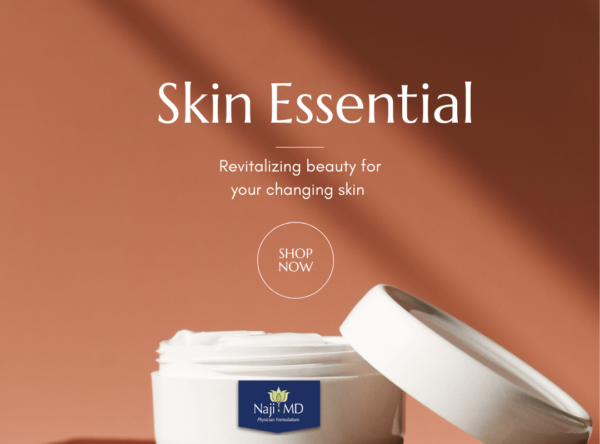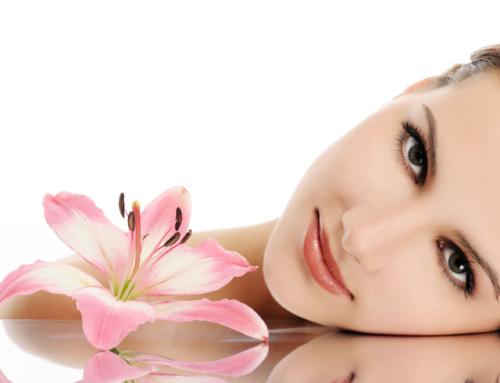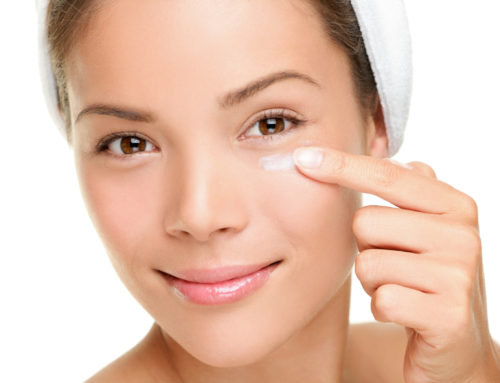No matter what your age, we all know that looking great is important. And while some people might go to the gym and get a professional facial every once in awhile, others incorporate their diet and skincare routine into daily life. In this article, you’ll get more insight on how stress affects your skin and how you can either avoid tired look , look young and fresh.
Stress & Your Skin
There are a variety of reasons why your stress level may be affecting the health of your skin. Low cortisol levels must not be confused with depression and they can contribute to acne, eczema, psoriasis and rosacea. Cortisol is triggered by stress and its release is regulated by several factors, one being sleep. Lack of sleep increases cortisol secretion while acute or chronic sleep deprivation reduces it. In severe cases, short-term insomnia may trigger excessive cortisol release.
Dry skin
Stress is one of the main causes of dry skin. It makes your body produce more oil, which then dries under your skin and you get a scaly rash. If you are stressing yourself excessively you are more likely to get dry skin, because the body cannot send enough blood through the skin which leads to lack of moisture, and dry skin results. Allergy can also be a factor, but stress is much more common in people who have this condition.
Hair loss
Stress is a huge cause of hair loss. Stress can cause the body to produce more testosterone, which may lead to increased oil production and stimulation of hair follicles. The production of this oil can loosen the root of the hair, causing it to fall out. Stress can also increase blood pressure, which can lead to hair loss. According to WebMD, stress can also make your scalp dry, leading to dandruff or an itchy scalp. A dry scalp can lead to hair that becomes broken off at the ends when combing it. This causes breakage, making your hair appear thin and lank. In addition, stress makes you look older than you really are because it decreases the levels of growth hormones in your body.
Grey hair
The hormones produced during stress cause the hair follicles to stop producing pigment – the coloring agents of the hair. This can lead to a gray hair, or premature graying. High levels of cortisol promote the loss of more melanin from your hair, thus causing graying (just as stress makes your skin look wrinkled)
Do stress wrinkles go away?
Yes, stress wrinkles disappear with time. Stress wrinkles (also known as frown lines) are those white lines that appear between your eyebrows when you frown or squint. They can also occur around the eyes because of excessive smiling or over-tightening of the face muscles.
Stress wrinkles are normal and appear on most people as they age. The rate at which they appear varies among individuals, but in general they become less noticeable after the mid-thirties. You can get rid of your stress wrinkles by making small adjustments to your posture, facial expressions and facial movements: Don’t be stooped over or hunched over while sitting Think twice before frowning Try to avoid contorting your face into unnatural shapes.
How to Ease the Effects of Stress on Your Skin
For most of us, stress is a part of our daily lives. It’s hard not to feel anxious or stressed at any given moment. Stress can be caused by various factors that we encounter in our day-to-day lives; these include financial and health issues. There are many ways to minimise the effects of stress on your skin, but here are some effective ones:
1) Drink more water
2) Exercise regularly
3) Get plenty of sleep
4) Reduce your consumption of sugar
How to Build the Best Skincare Routine
Stress can also cause a lot of damage to the body, but luckily there are things that you can do to give your skin a jumpstart before going through stressful days or weeks. The best way to start is with a good skincare routine, which includes having time in the morning for proper cleansing before getting dressed. This also includes adding in some wonderful skin care products tailored specifically for your skin type. There are even certain products that have been proven to help ease stress. Your daily routine should ideally be broken into two parts: cleansing and moisturizing. Cleansing removes dirt particles and any excess oil from your pores while the right kind of moisturizer will help your skin maintain its balance.
Stress is a lot more than just an occasional bad day or an occasional burst of anger. Stress is something that can affect your whole life and it can definitely have an impact on your health. Improve your lifestyle and learn how to deal with stress.





